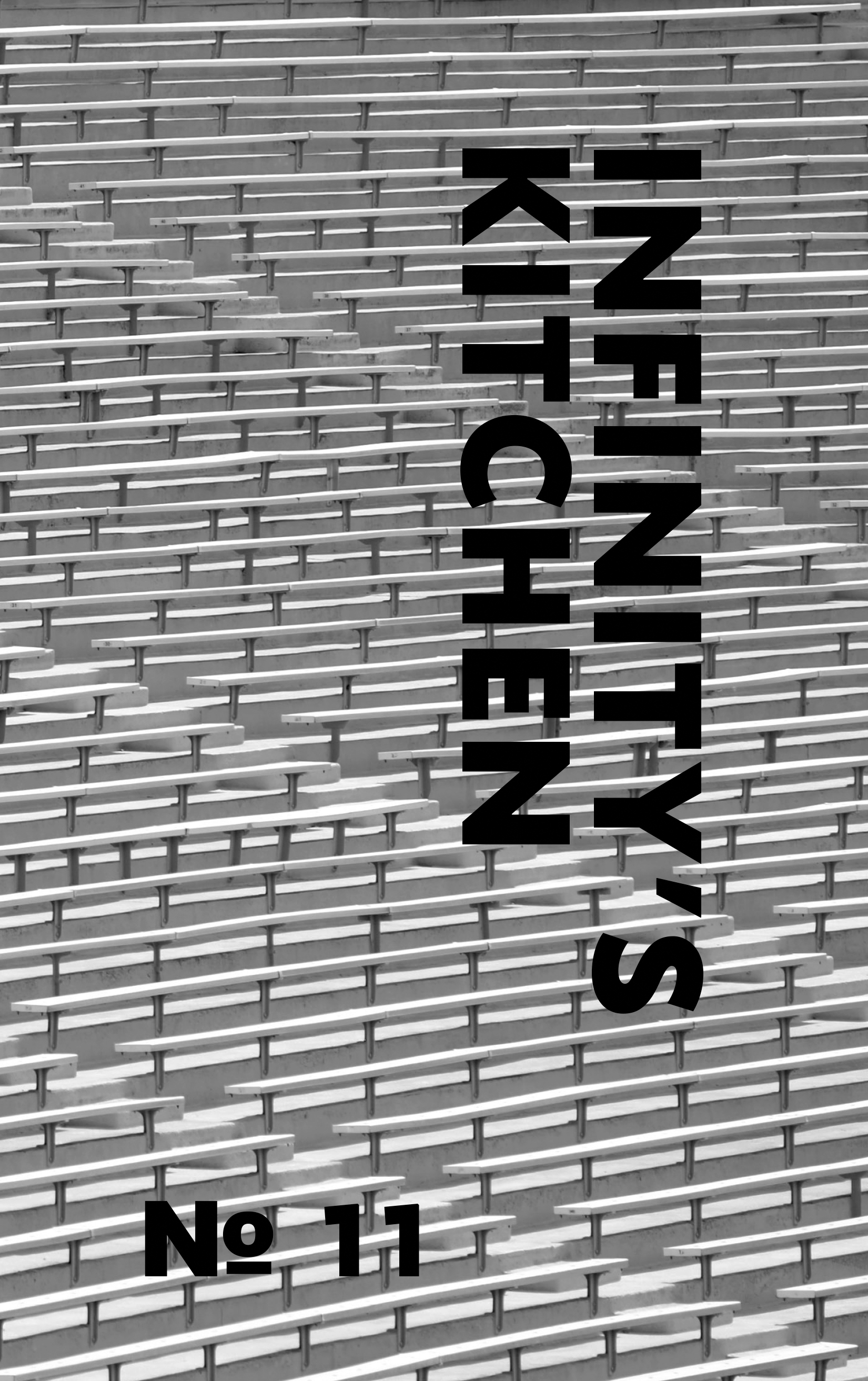“Phantom Agents” is a recombinant fiction that programmatically weaves sequential narration with semi-random selections of text and image. A remix of serial spy films and tv shows, the work is haunted by familiar identification processes and plot structures. Computational procedures (random fragments of image and text) produce the affect of variability and randomness alongside or as counterpoint to narrative sequencing. Each path through the work is a new combination of text and image. The narrative space is a depiction of a near future world dominated by database logic and the fragmentation of experience through vr and augmented reality; a networked, augmented and gamified world where the subject is ultimately lost to endless novelty.
“Recombinant poetics”, a term coined by artist/scholar Bill Seaman, refers to a techopoetic practice in which the display and juxtaposition of semantic elements are generated by computer algorithms, rather than through an author’s predetermined composition. Although inspired by traditions of combinatorial literature and the use of constraints to generate narrative or poetic forms, recombinant works of art produce variable “fields of meaning” (Seaman/Ascott) for the user/reader/viewer. Recombinant authors program discrete semantic fragments, media stored in arrays or databases, to display through random, semi-random or variable processes, often in conjunction with user-interaction. Examples of recombinant poetics in works of digital poetry and art are abundant. Digital narratives that foreground recombinant processes are less common, because they tend to dismantle or dissolve themselves as sequential narrative in favor of more non-linear, emergent meanings. However, narrative authors since Laurence Sterne have tried to harness life’s variability and randomness inside their fictions by embedding non-narrative representations of contingent experience within a narrative framework. Through digression, semantic shock, dream logic, parataxis, meta-narrative, stream of consciousness, authors disrupt narrative logic in order to produce affect in the reader/viewer, which in turn contributes to the realization of a fictional world.
“Phantom Agents” was coded in html5/javascript with the following recipe:
- improvise data collection
(hunt for fragments by constraints, intuition and/or thematic concerns)
- amplify narrative patterns,
(uncover narrative possibilities/relationships in random play of elements)
3, structure narrative absences
(make empty but meaningful spaces and gaps between and around narrative elements )
- narrativize the interface
(mark-up and program the interface as the narrator of a vast fiction)
- iterate all of the above
(run through this list at every stage of production)
view the project here
Will Luers is a visiting professor in the Creative Media & Digital Culture program at Washington State University Vancouver where he teaches multimedia authoring, creative programming and video production. His projects have been exhibited internationally and selected for various conferences.
